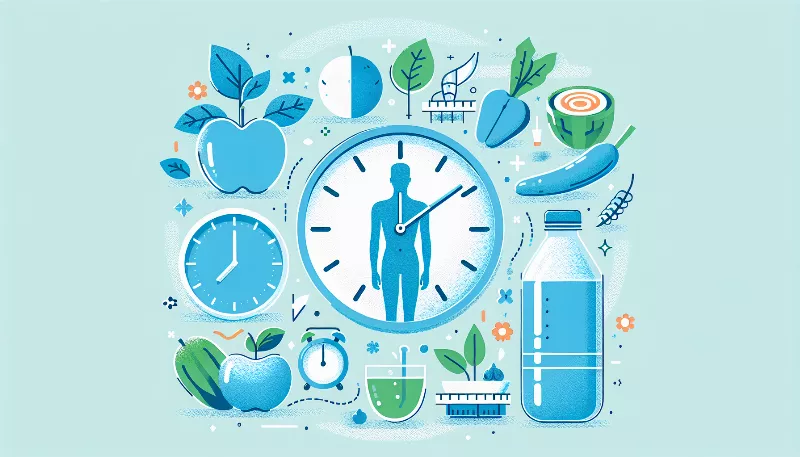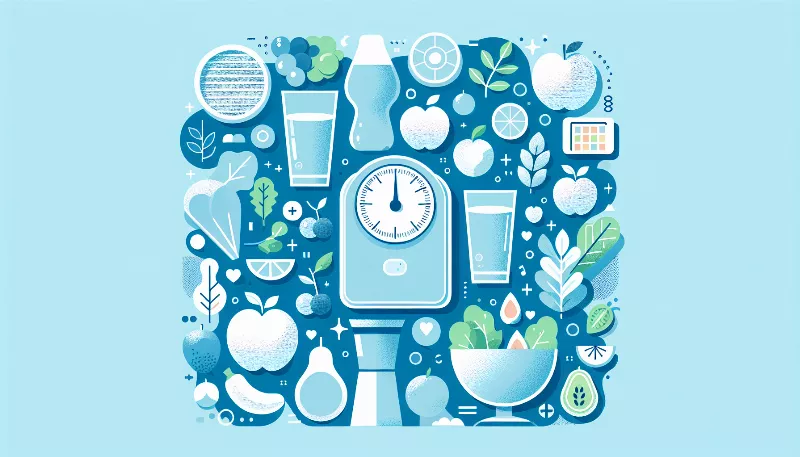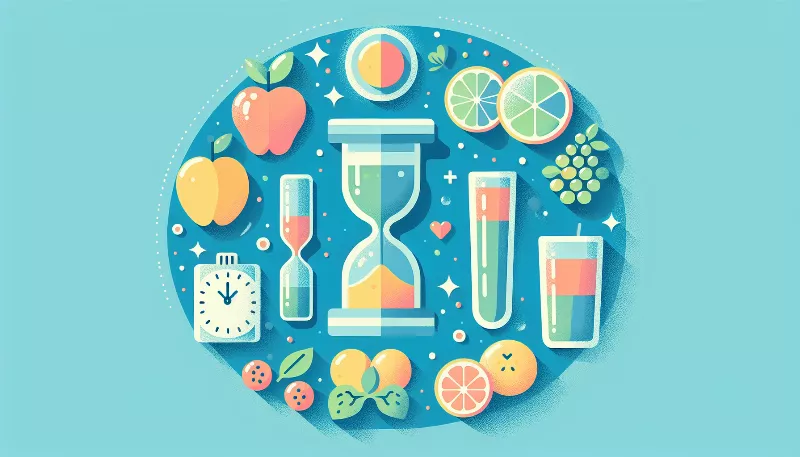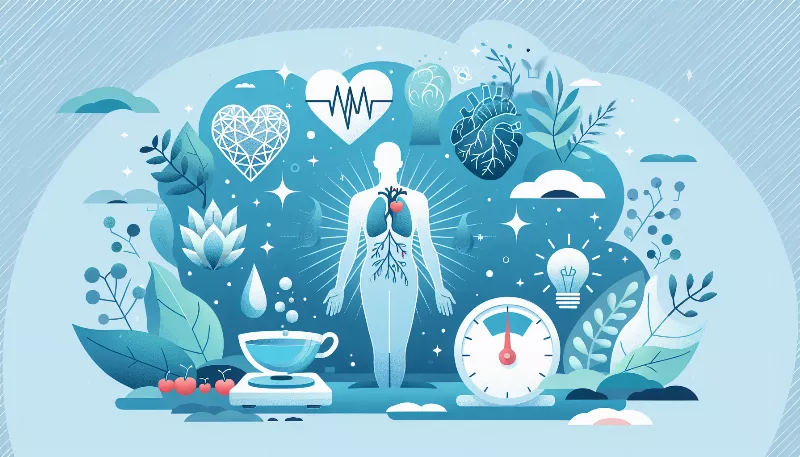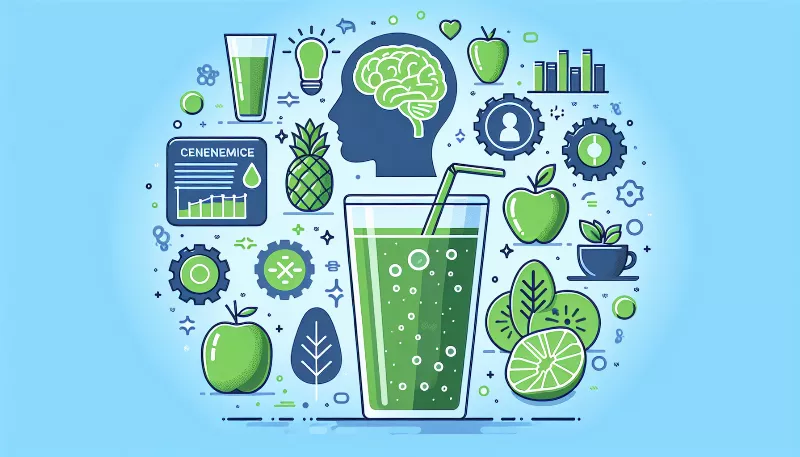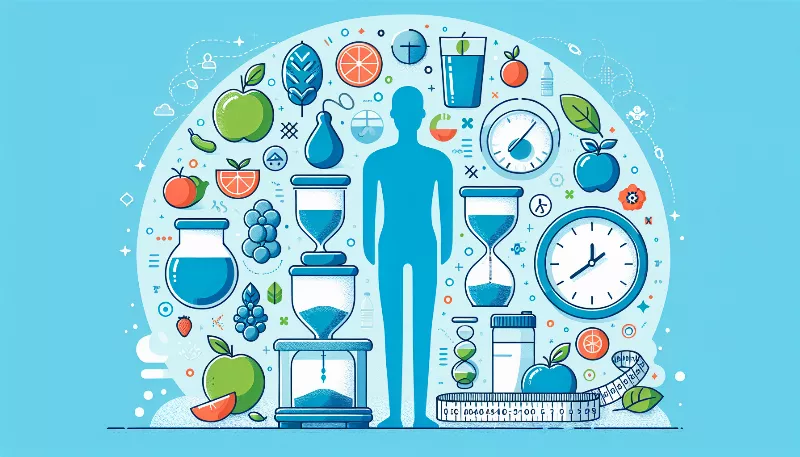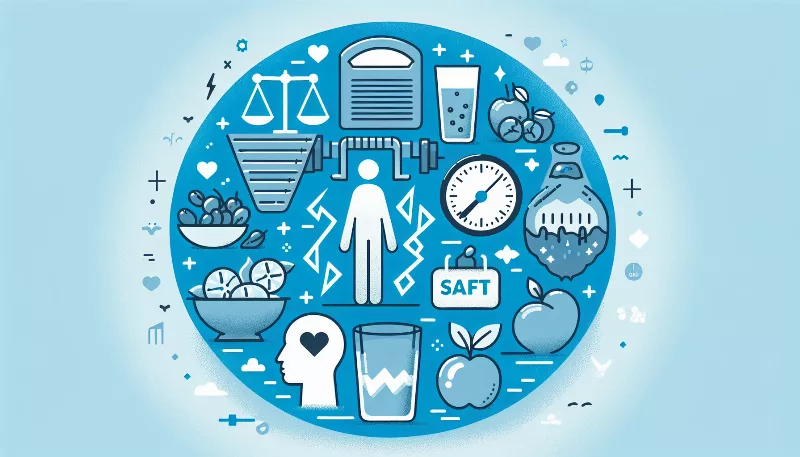How does detox fasting impact the body's natural detoxification processes?
Discover the effects of detox fasting on your body's own cleansing mechanisms. Learn how fasting can enhance or disrupt natural detox processes.
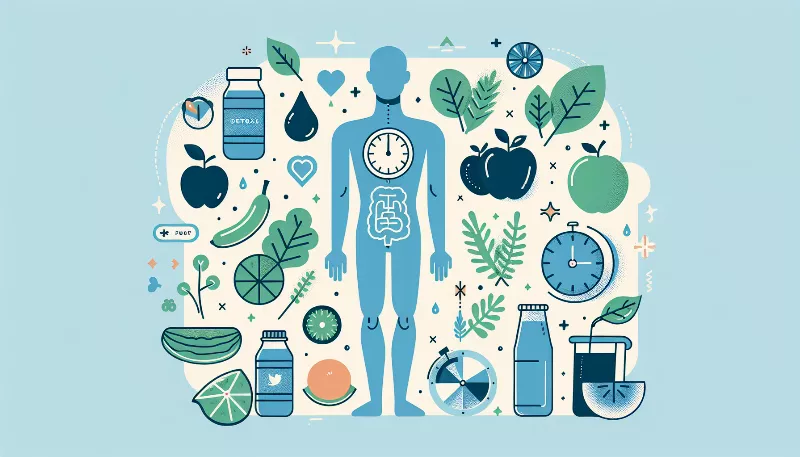
Unleashing the Power of Detox Fasting
Are you intrigued by the transformative potential of detox fasting? This ancient practice, which has been embraced by cultures around the world for centuries, is more than just a trend. It's a profound way to tap into your body's innate ability to cleanse and rejuvenate itself. But how exactly does abstaining from food influence the complex systems at work within us? Let's dive into the fascinating journey of detox fasting and its impact on our natural detoxification processes.
The Science of Detoxification
Before we explore the effects of fasting, it's crucial to understand the body's built-in detox powerhouses. Our liver, kidneys, digestive system, skin, and lungs are constantly at work, filtering out toxins and waste products. These organs don't need a 'reset button'—they're designed to keep our internal environment clean and balanced. However, modern lifestyles can sometimes overwhelm these systems, leading to a buildup of unwanted substances.
Detox Fasting: A Catalyst for Renewal
Enter detox fasting. By temporarily eliminating food intake, you give your digestive system a much-needed break. This pause allows your body to shift its focus from digestion to deep cleaning. During a fast, the liver can more efficiently process and eliminate toxins, as it's not preoccupied with breaking down nutrients from recent meals. Moreover, fasting triggers a cellular cleanup process called autophagy, where cells remove damaged components, potentially reducing inflammation and bolstering immune function.
Boosting Metabolic Efficiency
Detox fasting can also rev up your metabolism. When you fast, your body turns to stored fat for energy, releasing ketones into the bloodstream. This metabolic switch not only supports weight loss but also enhances brain function and energy levels. As your body burns through fat reserves, it also disposes of fat-soluble toxins that might have been lurking within those fat cells, further purifying your system.
Hydration: The Unsung Hero of Detox Fasting
While fasting, staying hydrated is paramount. Water is a natural detoxifier, helping to flush out toxins through urine, sweat, and breath. Drinking ample fluids during a fast ensures that your kidneys are well-equipped to filter out waste products efficiently. Additionally, hydration aids in maintaining electrolyte balance, which is vital for your nerves and muscles to function correctly.
Embracing Mindful Eating Post-Fast
Breaking a fast is just as important as the fast itself. Gradually reintroducing foods, starting with easily digestible options like fruits and vegetables, can help maintain the benefits of your detox fast. This mindful approach to eating can lead to healthier food choices, reduced cravings, and a more attuned relationship with your body's hunger and satiety signals.
Listening to Your Body
It's essential to listen to your body and consult with healthcare professionals before embarking on a detox fast, especially if you have underlying health conditions. Fasting isn't suitable for everyone, and it's crucial to ensure that your approach to detox fasting is safe and appropriate for your individual health needs.
In conclusion, detox fasting can be a powerful tool to enhance your body's natural detoxification processes. By giving your organs a rest, promoting autophagy, and boosting metabolic efficiency, fasting can help you feel rejuvenated and revitalized. Remember, the journey to wellness is personal, and detox fasting is just one path among many to achieving a healthier, more vibrant you!

